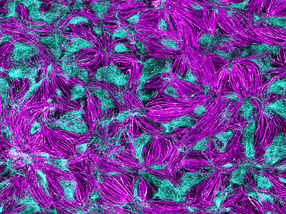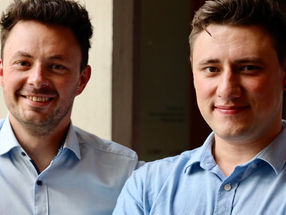Synosia Announces Encouraging Results of Proof-of-Concept Clinical Trial for rufinamide as a Treatment for Mood Disorder
Synosia Therapeutics announced the successful completion of its first clinical trial, a proof-of-concept study that evaluated new therapeutic options for SYN-111 (rufinamide), a sodium channel blocker.
Rufinamide was discovered and developed by Novartis and is currently marketed by Eisai in Europe as a drug to treat a form of epilepsy. This first trial was completed in less than seven months from design to final dosing and less than a year after the rights to rufinamide in mood disorders were obtained from Novartis in an exclusive licensing agreement.
The placebo-controlled, double-blind, three-dose study measured drug effect and pattern of response using quantitative electroencephalography (EEG) in healthy volunteers, who all received each dose plus placebo. After each dose, the subject's brain waves were evaluated over the course of 24 hours, noting quantitative change in each wave and the pattern of the change as an indication of rufinamide activity. The study was conducted in France.
"The data from this study lend support to observations in animal behaviour models and further justify investigation of the effect of rufinamide for mood disorders," said Stephen Bandak, Synosia's Chief Medical Officer. "The study has also helped us select a dose for our Phase 2 trial in general anxiety disorder scheduled to start in the United States later this year."
Rights to SYN111 were obtained by Synosia from Novartis in 2007 in an exclusive worldwide (outside of Japan) licensing agreement to develop and commercialise rufinamide for the treatment of anxiety and other mood disorders. It is estimated that over 62 million people in the United States and the five major European pharmaceutical markets suffer from a form of anxiety. Of those, over nine million suffer from general anxiety disorder.
Most read news
Topics
Organizations
Other news from the department research and development

Get the life science industry in your inbox
From now on, don't miss a thing: Our newsletter for biotechnology, pharma and life sciences brings you up to date every Tuesday and Thursday. The latest industry news, product highlights and innovations - compact and easy to understand in your inbox. Researched by us so you don't have to.























































